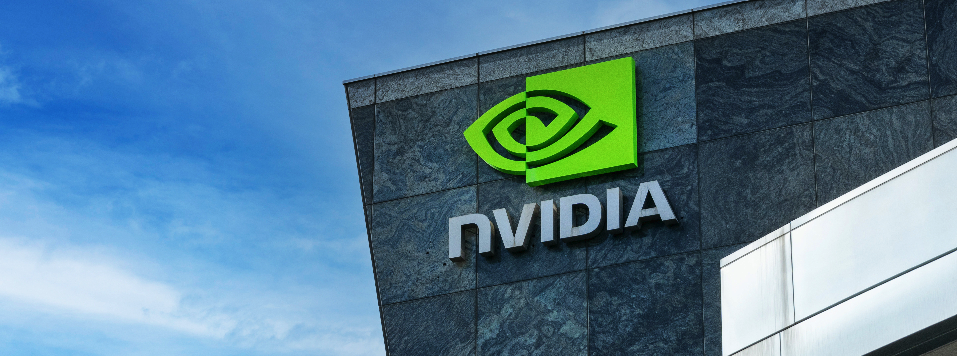The US government is discussing with Nvidia about its recent policy that banned companies from selling artificial intelligence (AI) chips to China. It is focusing on not allowing China to have the most advanced types of these chips to ensure that the US ends up on top in the battle of AI advancement.
Judging by China’s recent stark change in the tone of its foreign policy towards the US, the policy may be having a great affect already. China’s famed “wolf-warrior” diplomacy style that focused on aggressively calling out the US and various other opposed countries seems to have ended, or at least paused.
Instead, Xi Xinping, the premier of China, has sought out friendly meetings and agreements with President Joe Biden in the last few weeks. While the policy seems to be working, some government officials think that it could be toned down.
US Commerce Secretary Gina Raimondo, in a Reuters interview on Monday, stated that Nvidia should sell AI chips to China because they are mostly used for business. She added that what needs to be prevented is the export of the most advanced, high-performance AI chips, since these can enable China to develop their leading-edge models.
Raimondo also shared that she spoke with Nvidia’s CEO, Jensen Huang, a week ago, who made it clear that Nvidia wants to follow the rules and will cooperate if the company knows what the rules are. Raimondo noted that Nvidia wants to do the right thing, but it also wants to sell as many chips as it can.
US-China AI Chip Trade Negotiations
The discussions between the US government and Nvidia about AI chip sales to China are part of a broader context involving US-China technological tensions.
The US has tightened restrictions on selling advanced AI chips to China, focusing on certain Nvidia chip models like the A800 and H800. The reason is to stop China from using American tech in ways that could boost its military power.
These new restrictions build on previous bans of another Nvidia chip, the H100. Before, Chinese companies got around these bans by buying less advanced chip models, but now the US has included these models in the ban.
China has been very critical of these new US rules, calling them unfair. These regulations are affecting China’s tech world, with ups and downs in the Chinese stock market because of this. It’s also tough for smaller AI companies in China. Unlike bigger companies (like Baidu), they can’t stock up on chips, making it hard for them to keep up their work.
Exploring Nvidia’s High-Performance AI Chip Lineup
Nvidia is a leading name in the technology industry, particularly known for its advanced AI chips. These chips are significant because they are at the forefront of powering AI applications across various sectors, from gaming and automotive to healthcare and data centers.
Nvidia’s AI chips are prized for their high performance, energy efficiency, and ability to process complex AI algorithms quickly. This makes them essential for tasks like deep learning, neural network training, and big data analysis.
Nvidia A800
- The Nvidia A800 chip is designed for AI workloads, offering robust performance for machine learning and AI-driven applications.
- It’s known for its high computational power, which is crucial for processing large volumes of data and complex AI tasks.
- The A800 is widely used in data centers and by cloud service providers due to its efficiency and scalability in handling AI workloads.
Nvidia H800
- The H800 model, similar to the A800, is tailored for high-performance AI applications.
- This chip excels in areas requiring intense computational work, such as training advanced AI models or running complex simulations.
- Its architecture is optimized for delivering faster AI insights, making it ideal for research and development in cutting-edge AI fields.
Nvidia H100
- The H100 is Nvidia’s flagship AI chip, known for its groundbreaking performance in AI and high-performance computing.
- It features advanced technologies like increased memory bandwidth and enhanced processing cores, making it highly effective for the most demanding AI tasks.
- The H100 is pivotal in pushing the boundaries of AI capabilities, enabling breakthroughs in areas like natural language processing and autonomous systems.
